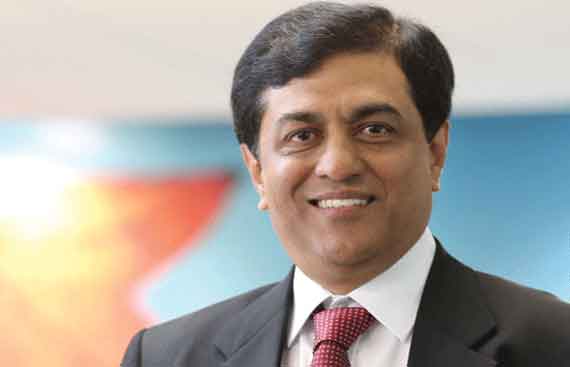Intelligent Connected Care is The Future Of Healthcare In India

The adoption of digital technologies in healthcare is moving at an accelerated pace. This Digital transformation which is unfolding around us, is changing the way healthcare is being delivered in India and the world over. The magnitude of the healthcare challenges coupled with the unique demographics in India pose a very unique opportunity for “Smart Intelligent and Connected innovations”. These “Smart innovations” will change the way healthcare is being delivered in the future.
The transformation unfolding in healthcare in India is for real. People are now more aware and concerned about their health than ever before. There is a democratization of healthcare, where patients have a greater say in their care. Care providers have started to recognize and address it. There are more people opting for health insurance now than before and the government has initiated several schemes to support rural healthcare. Moreover, the recent approval by the union cabinet of the National Health policy 2017 should set this transformation in motion with greater zeal.
Taking into consideration the extent of the challenges in India, conventional approaches, of just improving the infrastructure and increasing the government spend in healthcare alone will not help solve the challenges. Leveraging digital technology smartly and to its full capacity is the key to address the challenges we face in healthcare in India.
Given the demographics and the huge digital divide between urban and rural India, if the digital technology has to address the healthcare challenges, it needs to be connected. Connected healthcare would require real time communication between the patient and the healthcare provider, electronically, the process involves remote monitoring and secure communication. In today’s new age connected world, technology is seamlessly connecting people to people, people to objects and objects to object, at an almost negligible cost. The number of connected devices are expected to be over 50 billion by 2020 out of which 30% are expected to be in healthcare.
This technology along with artificial intelligence can help India address the challenges in accessing immediate medical attention, leading to improved standards of care. Digital technology can be leveraged to its full potential, subsequently creating predictive models, optimizing operational workflow and accelerate development of analytical offerings. This, in turn will help the care giver better analyze the patients’ medical data and improve the quality of care.
The power of connected technology can be easily understood through a very simple example. An individual can now keep a check on the quality of air. The air quality control application connects the air purifying device with an individual’s smart phone, allowing him/her access to the quality of air around them. Once they have analyzed the air quality around the house, they can then control it within the house, for instance, regulating the humidity. One can now easily see real-time air level information and receive air alerts when air quality reaches unsafe levels and take action. Similarly, individuals today can keep a check of their health too, through wearable devices, which can help monitor the steps you take every day, heart rate monitor, ECG, or even the oxygen saturation level, and much more. Such devices and more are some examples of connected technology and allow enhanced health monitoring.
However, there are several challenges that need to be overcome. The quality of the telecom infrastructure has to improve considerably. There is a lack of awareness in people and a focus on this from government and private bodies can help. Also, a mind shift has to happen with clinicians and the patients. Healthcare needs to shift focus from being just reactive to being preventive and proactive. This can only happen if the consumers/ patients are involved in the process and through continuous monitoring. Connected care coupled with AI can help in this continuous seamless monitoring and more. This would help in the early diagnosis of a disease which could result in reduced costs of treatment and management of the disease, especially in a country like India.
Connected care has the ability to make healthcare affordable and accessible. This has not really taken off in our country as was expected. However, given the various changes happening in India – new cloud infrastructure providers in India, the National Health Policy and increasing number of startups focused on healthcare etc. I believe that this is the right time to leverage connected care enabled by AI (Artificial Intelligence) to build tele-solutions to help address the healthcare challenges. This can help in improving access to care and also help make hospitals more efficient or clinicians more productive, and help them make better clinical decisions, and most importantly make care affordable.
